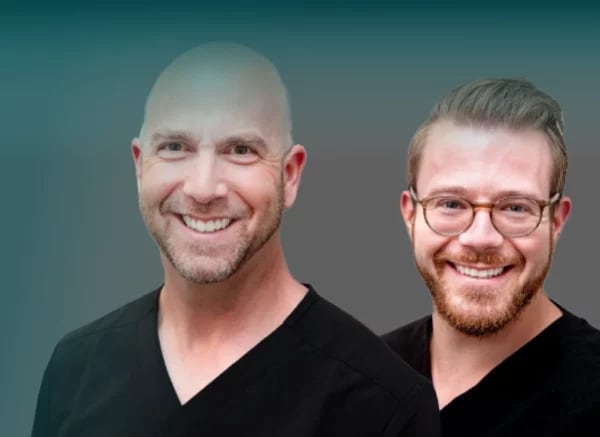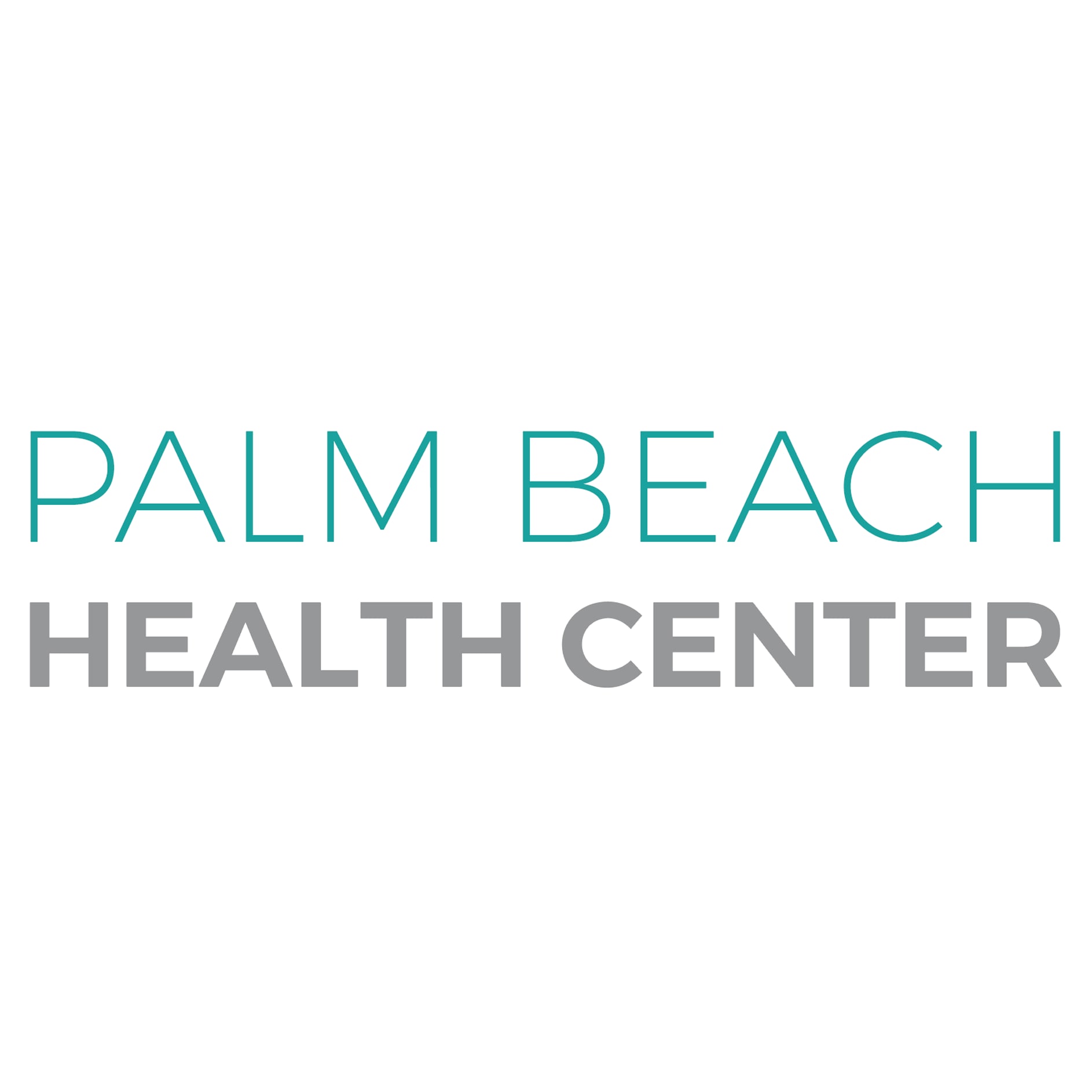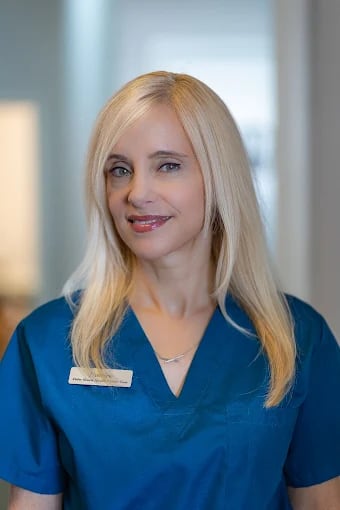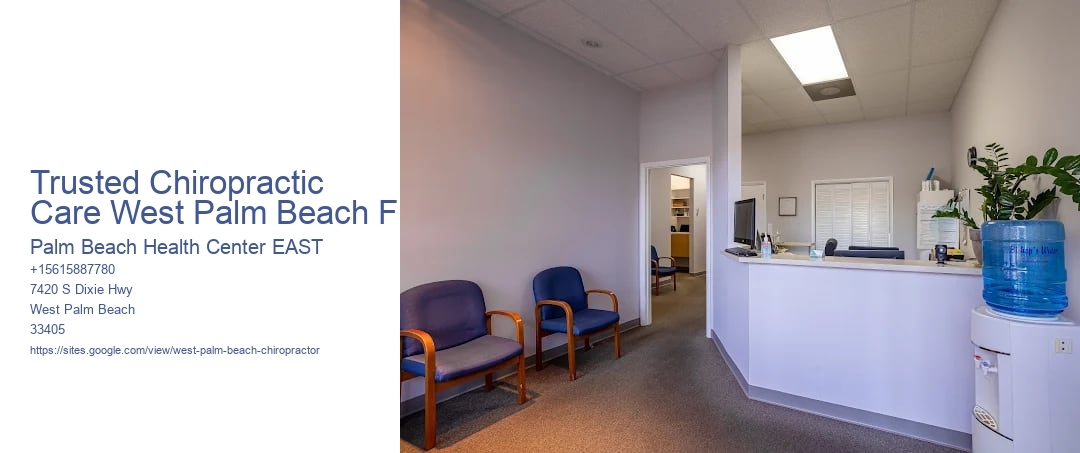Natural medicine refers to techniques that aim to attain the recovery impacts of conventional medicine, but that typically do not have biological plausibility, testability, repeatability, or supporting proof of effectiveness. Such techniques are typically not component of evidence-based medicine. Unlike modern medication, which utilizes the scientific technique to evaluate probable therapies by way of accountable and ethical professional trials, producing repeatable evidence of either effect or of no effect, alternate therapies stay beyond mainstream medicine and do not originate from using the clinical technique, but instead rely on testimonies, narratives, faith, practice, superstition, belief in mythological "energies", pseudoscience, errors in thinking, propaganda, fraudulence, or other unscientific sources. Frequently utilized terms for appropriate methods are New Age medicine, pseudo-medicine, unconventional medication, holistic medication, fringe medicine, and unusual medication, with little distinction from quackery. Some alternative techniques are based upon theories that negate the well-known science of just how the body works; others appeal to the superordinary or superstitious notions to explain their effect or absence thereof. In others, the technique has reliability but does not have a favorable threat–-- advantage result possibility. Study right into alternative therapies frequently stops working to follow correct research procedures (such as placebo-controlled tests, blind experiments and calculation of previous likelihood), providing void outcomes. History has shown that if an approach is confirmed to function, it eventually stops to be alternative and becomes conventional medication. Much of the viewed effect of an alternate method arises from an idea that it will certainly be effective, the sugar pill result, or from the cured problem solving by itself (the all-natural training course of disease). This is further worsened by the propensity to turn to alternative treatments upon the failing of medication, whereupon the problem will be at its worst and probably to automatically improve. In the absence of this predisposition, particularly for conditions that are not expected to get better on their own such as cancer cells or HIV infection, numerous researches have shown dramatically even worse outcomes if clients turn to alternative therapies. While this might be due to the fact that these people avoid efficient therapy, some different therapies are proactively damaging (e. g. cyanide poisoning from amygdalin, or the willful ingestion of hydrogen peroxide) or actively hinder efficient therapies. The natural medicine industry is an extremely profitable market with a solid entrance hall, and faces far much less law over the use and advertising of unverified treatments. Complementary medicine (CM), complementary and natural medicine (CAM), integrated medication or integrative medicine (IM), and holistic medication effort to combine alternate practices with those of mainstream medication. Traditional medication practices end up being "different" when made use of outside their initial setups and without proper clinical description and proof. Different approaches are frequently marketed as even more "all-natural" or "all natural" than approaches provided by medical scientific research, that is occasionally derogatorily called "Huge Pharma" by advocates of alternative medicine. Billions of dollars have actually been spent studying alternative medicine, with couple of or no favorable outcomes and many techniques completely disproven.
.



